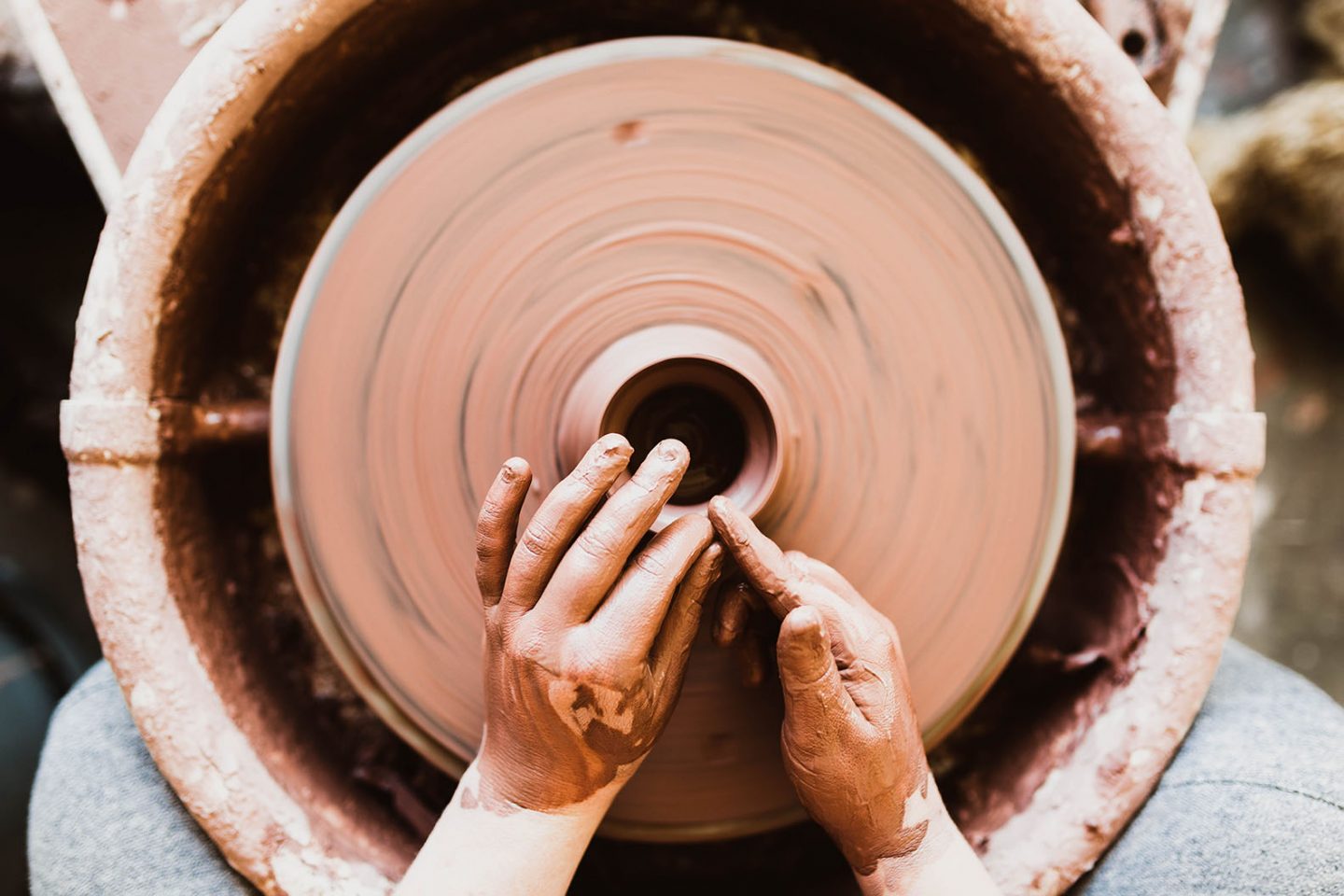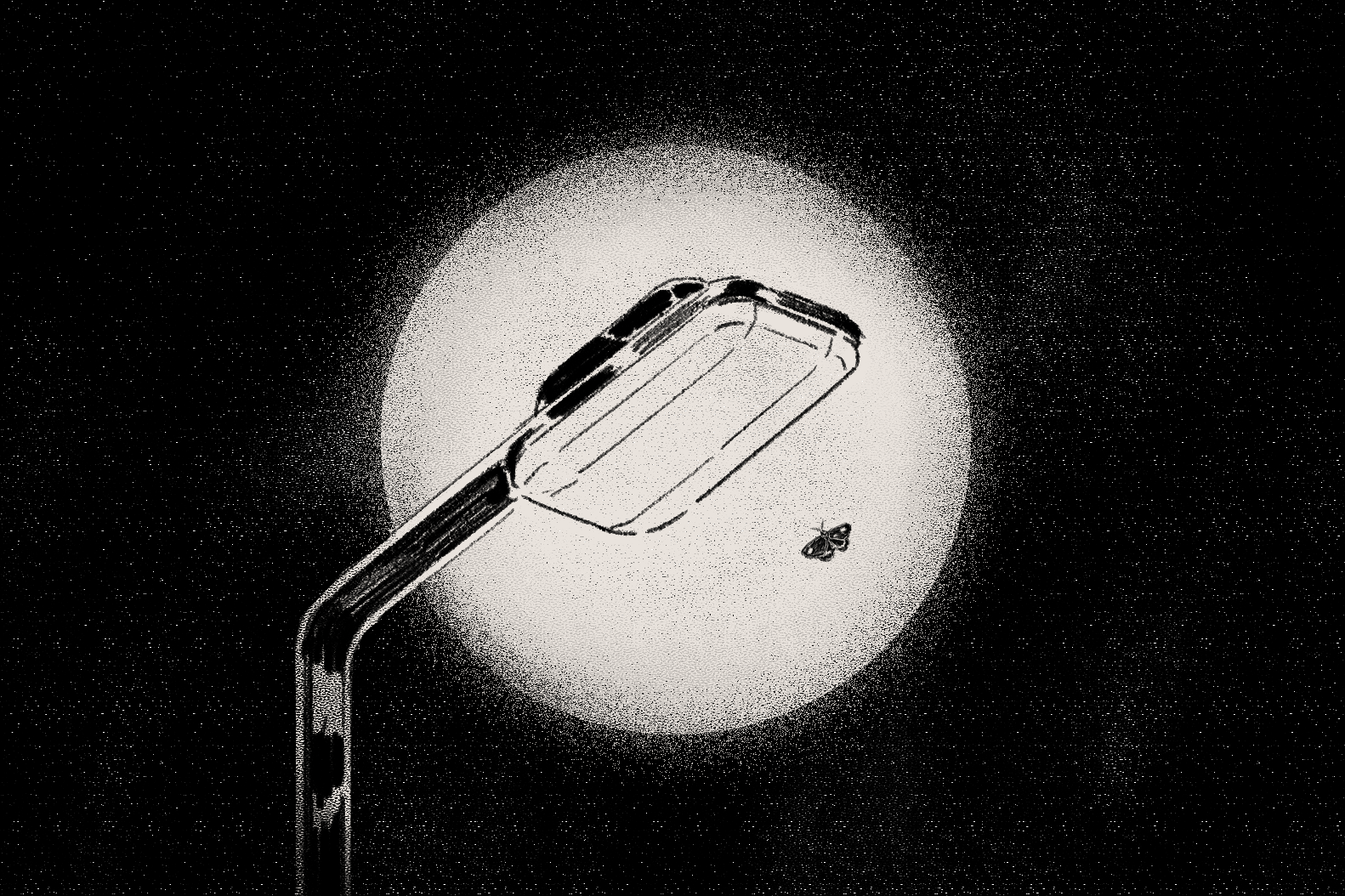On a backpacking trip to Vietnam recently, I had the opportunity to try pottery making.
I’ve sang “The Potter’s Hand” many times in church, and I’ve heard many sermons about the Potter in Jeremiah 18 – but actually trying to shape pottery myself gave me a deeper appreciation of both the song and chapter.
I’d like to share three things God taught me in my day at the pottery village.
1. Moulding often feels like it is about me – but it’s not
Moulding clay looked easy to me. It seemed like all that was involved was to moisten your fingers and spin the wheel. But it wasn’t nearly as simple.
As I had no experience making pottery, an in-house potter was assigned to assist me. Despite professional guidance, I still struggled to shape the clay into the design I had in mind.
Spinning the wheel while applying pressure onto the clay required a lot of concentration. One mistake would mar the work, in which case you’d have have to restart the entire moulding process.
“But the pot he was shaping from the clay was marred in his hands; so the potter formed it into another pot, shaping it as seemed best to him.” (Jeremiah 18:4)
Imagine we are the clay: When we think of being moulded by God, what comes to mind is how painful and difficult the process might feel.
But I learnt in the workshop, that the process is not so much about me as it is the potter. God is the one in control. The process might feel painful, but it is necessary if we want to see God’s design and destiny come to pass in our lives.
2. The potter’s design guides the moulding process
No potter goes to the wheel not having a specific design in mind. It is the potter’s intended design that guides the entire moulding process.
““O house of Israel, can I not do with you as this potter has done? declares the Lord. Behold, like the clay in the potter’s hand, so are you in my hand, O house of Israel.” (Jeremiah 18:6)

In Jeremiah 18, God’s intended design for Israel was to hand them over to the Babylonians to be chastened – so they would turn away from their idolatrous ways and back to God (Jer 18:11).
I like how Warren Wiersbe puts it: “God uses many different hands to mould our lives.” Just as Israel is in God’s hand, so are we. It’s true, God uses many ways to carry out His moulding.
Perhaps like Israel, your season of moulding is God’s way of turning you away from the allures of this world and back to Him. Or it may be that He wants to equip you for His work.
Whatever it is may look like, God has a specific design for our lives. When we are malleable, He will see it done.
“For I know the plans I have for you, declares the Lord, plans for welfare and not for evil, to give you a future and a hope.” (Jeremiah 29:11)
3. Every piece is a unique reflection of the potter
Pottery making requires patience. I had to wait to see my finished work, because after the wheel stopped turning, I had to send my pottery into the fire to be baked. Then it had to be cooled, followed by a number of other steps.
But what a feeling it was to see and to hold my finished piece, knowing that just moments before it was just a formless lump of clay! As I looked at my work, it was as though I could see myself in it. Its edges and faces reflected my own personality, style and preferences.
The same goes for our Potter. We are all made in the image of God, yet each of us are unique and special in our own way. Some show the world a glimpse of Christ’s tenderheartedness through gentle and encouraging words, others His creativity through music, art and poetry. What do you show?
We are God’s workmanship, created in Christ Jesus to do good works and make Him known to all the earth (Ephesians 2:10). We are daily moulded through unique experiences and training grounds to make us more Christlike – more like our Potter.
If your season of moulding is proving extremely difficult, take heart. Shift your focus away from yourself to your Potter because He knows best. Know for sure that all of our days are held in His hands.
In faith, ask the Potter to help you say: “Take me, mould me, use me, fill me. I give my life to your hands.”









